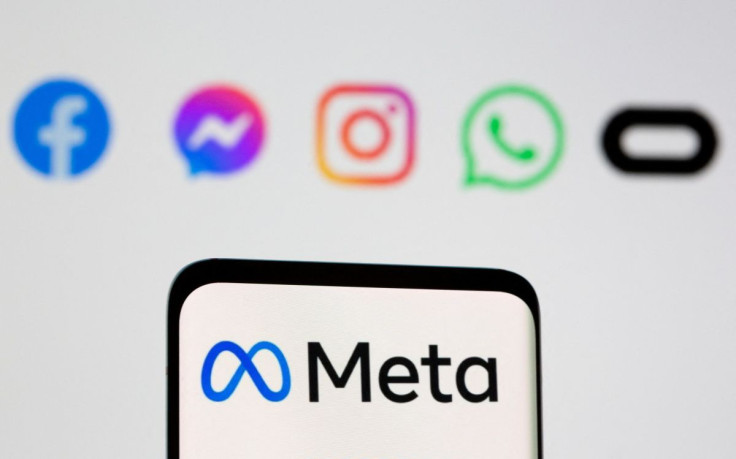Now Indonesia Reins In Social Media Giants

Ever wondered whether services offered by social media giants are miracles of the new age economy that come free? It is next to impossible for social platforms to escape data collection. After all, that's how they earn money.
Less surprisingly, there are many instances of social media platforms influencing behavior through personalized and intrusive targeted advertising. This helps to create a market for predictive products, specifically designed to anticipate what a person will do today, tomorrow, and the next few days by means of behavioral modification.
These untoward incidents have proved that their business models can become incompatible with human values. It is jokingly said that once we searched Google, now Google searches us.
So, governments are after them to rein in.
The latest nation which has forced tech majors to kneel down is Indonesia, home to 191 million social media users and next to China and India in the Asia Pacific region.
Under Indonesia's new licensing rules, tech firms in the country are now required to register themselves with the ministry and the government can take down content on social media sites or apps that can disrupt public order.
Though the new norm applies to all domestic and foreign electronic service operators, it is targeted at social media and online content providers like Google, Facebook, Instagram, TikTok, Netflix, etc.
Initially released in November 2020, the law will come into effect from July 20 and tech firms are wasting no time to register. With a youthful, tech-savvy population of 270 million, Indonesia is among the top 10 global markets for them.
Google and Meta have agreed to comply with the new regulation to avoid being banned, Bloomberg has reported.
The communications ministry data showed that more than 5,900 domestic companies and 108 foreign companies, including apps like TikTok and Spotify, have already registered.
Meta Platforms Inc's Facebook, Instagram and WhatsApp have signed up. Among Alphabet Inc's units, which include YouTube and Google, only Google's cloud services had registered as of July 19, a day ahead of the deadline.
Social media platforms have become a part and parcel of social and political life in Indonesia. Ahead of the country's general election in 2024, the government is trying to reduce the spreading of misinformation and hoaxes.
There are legitimate concerns over flooding of misinformation and disinformation, child sex abuse images and other toxic content in the country.
According to the official version, the new rules are aimed at ensuring internet service providers protect consumer data, and use online content in a "positive and productive" way.
Under the new regulation, formally known as Ministerial Regulation 5 (MR5), service providers are required to comply with the order to remove within 24 hours. In the case of urgent requests involving terrorism, and child sexual abuse, the deadline is just four hours.
Under the MR5, the government can fine internet and social media platforms that fail to comply with the rules and repeated offenders will be blocked in Indonesia, and their staff will face criminal sanctions.
Despite the tech industry's lobbying footprint, the U.S. House of Representatives introduced a draft bill called the American Data Privacy and Protection Act (ADPPA) to ensure more transparency and baseline data privacy protections for residents on June 21. Large data holders will have to conduct a privacy impact assessment biannually.
If enacted, this law would require appointing a data privacy officer similar to the General Data Protection Regulation (GDPR) established by the European Union.
The European Union has pieced together GDPR to protect the personal data of citizens. The law came into force in 2018.
























